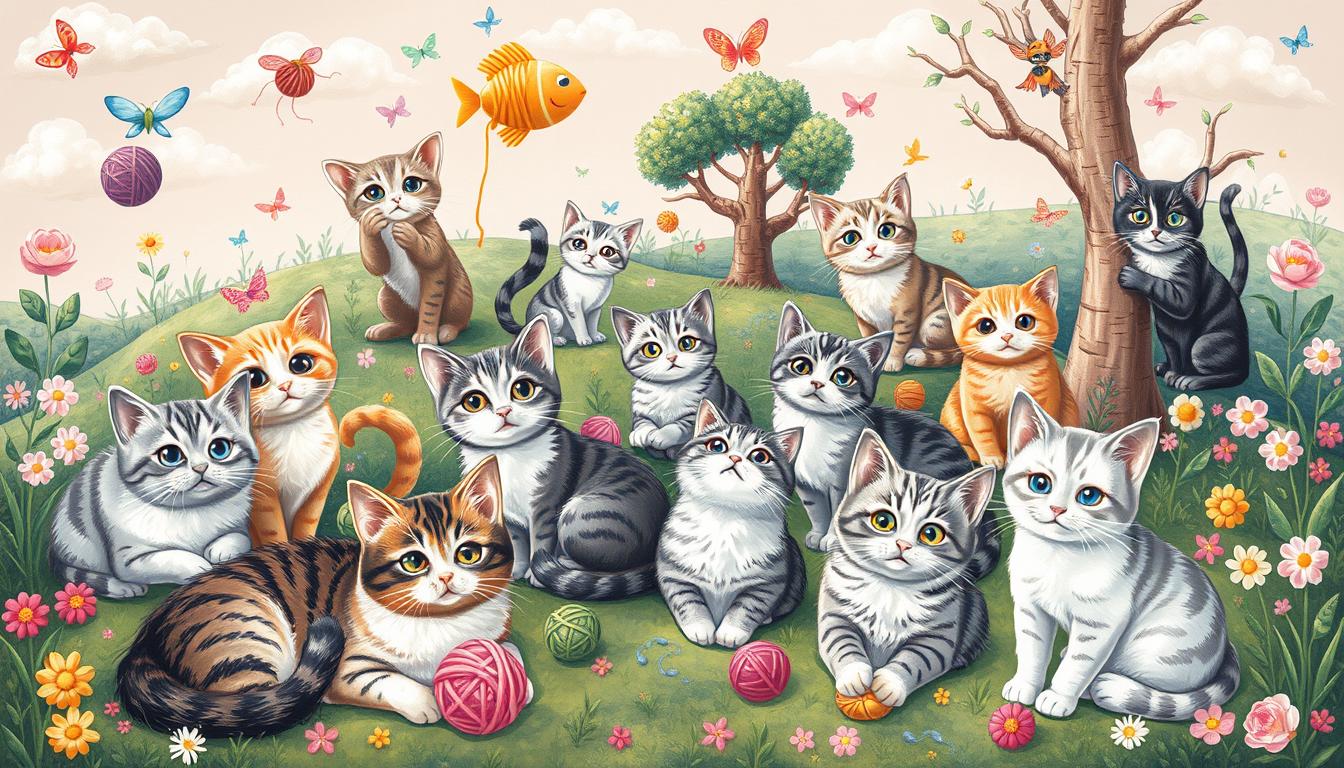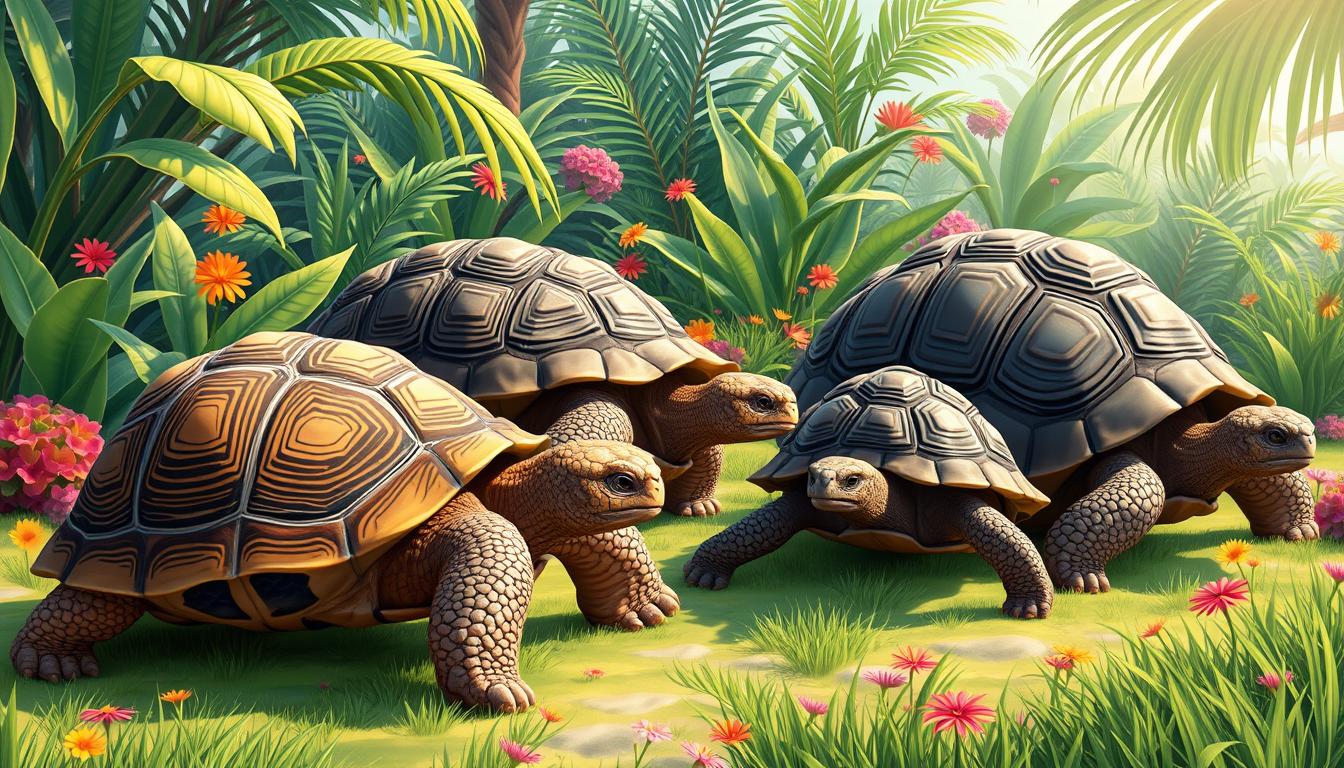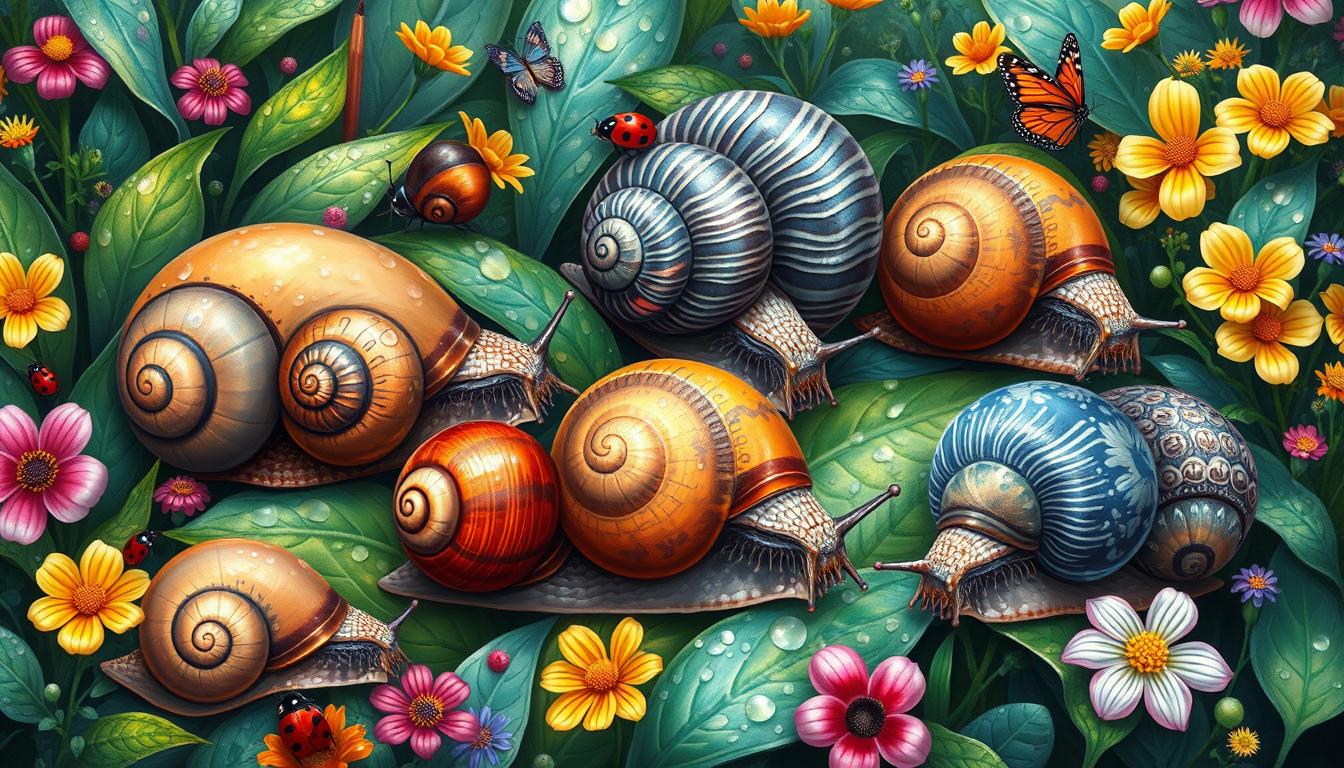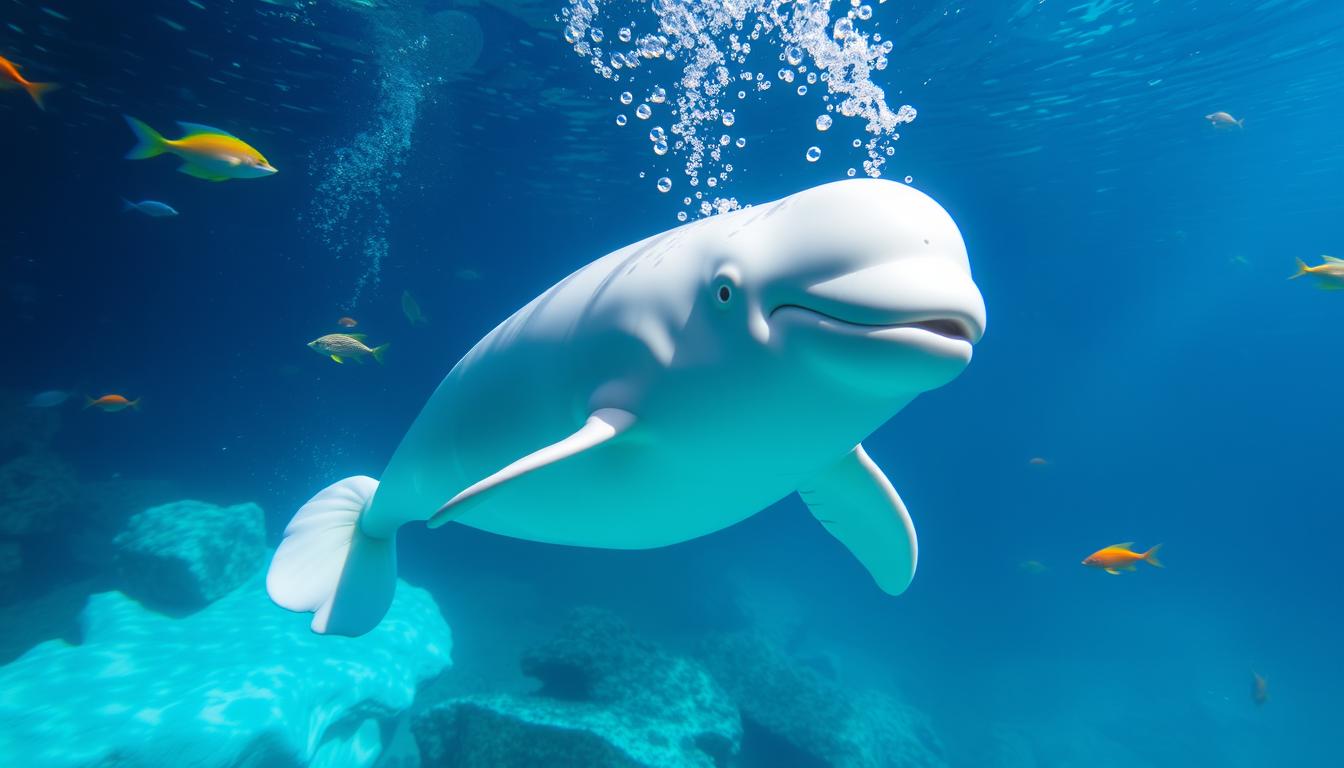Can Quail Eat Cantaloupe? Bird Diet Guide
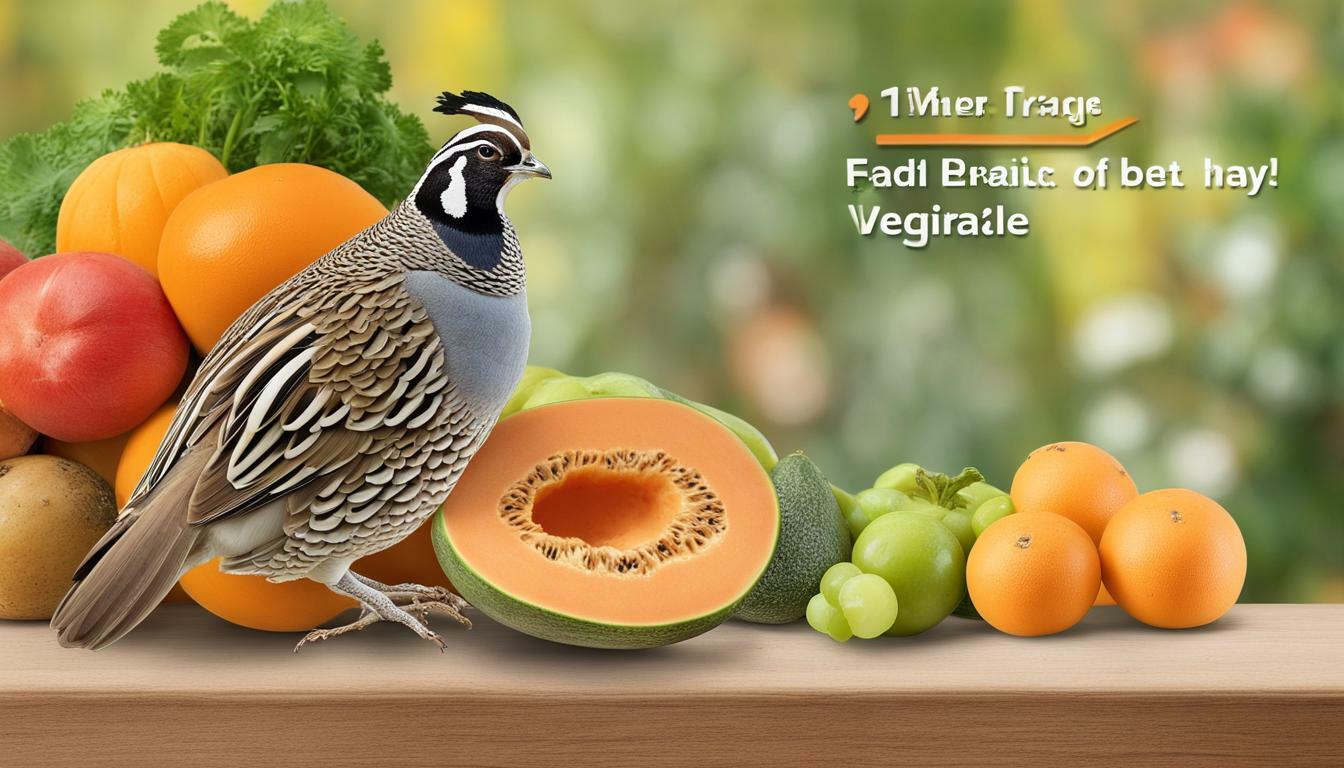
Table of content:
Quail are small game birds that are popularly raised for meat and eggs. Their diet in the wild consists of seeds, insects, and greens. When kept as pets or livestock, quail diets need to be supplemented with nutritional foods. A common question among quail owners is whether quail can eat cantaloupe.
Can Quail Eat Cantaloupe?
Yes, quail can eat cantaloupe. Cantaloupe is a healthy treat that quail enjoys. It provides important vitamins, minerals, and nutrients that are beneficial for quail health. Cantaloupe should be fed in moderation as part of a balanced diet.
Nutritional Benefits of Cantaloupe for Quail
Cantaloupe offers many nutritional benefits for quail:
High in Vitamin A
Cantaloupe is an excellent source of vitamin A, providing 169% of the daily recommended intake in just one cup. Vitamin A supports vision, bone growth, reproduction, and immune system function in quail.
Good Source of Vitamin C
One serving of cantaloupe provides 58% of the daily recommended vitamin C intake for quail. Vitamin C boosts immunity, promotes collagen formation for wound healing, and acts as an antioxidant.
Contains Vitamin B6
Quail requires vitamin B6 for metabolism, brain development, and immune support. One cup of cantaloupe provides 5% of a quail’s daily vitamin B6 needs.
Provides Potassium
Potassium helps regulate fluid balance, nerve signals, and muscle contractions in quail. Cantaloupe contains 448mg of potassium per cup.
High Water Content
With 90% water content, cantaloupe helps hydrate quail and aids digestion. The water content also makes cantaloupe low in calories.
Feeding Cantaloupe to Quail
When introducing cantaloupe to your quail’s diet, follow these tips:
Give in Moderation
Cantaloupe should be fed occasionally, about 1-2 times per week, as too much sugar can cause diarrhea. Limit portion sizes to 1-2 cubes per quail.
Chop Properly
Chop the cantaloupe into small, bite-sized cubes. Remove rinds, seeds, and pulp which can choke quail.
Pair with Protein
Feed chopped cantaloupe alongside quail feed or cooked egg. This provides a balanced meal.
Avoid Sugar Water
Discard excess juice from chopped cantaloupe to prevent diarrhea from too much sugar.
Introduce Slowly
Start with just a few bites of melon to allow their digestive system to adjust. Monitor for loose droppings.
Use Ripe Melons
Choose ripe, sweet cantaloupes. Unripe melons can cause stomach upset. Avoid bruised or damaged melons.
Cantaloupe Rinds, Seeds, and Juice
While the pink flesh of cantaloupe is safe for quail to eat, there are some parts to avoid:
Rinds
The thick outer rind is hard to digest and may cause intestinal blockages or choke quail. Do not feed the green rind.
Seeds
Cantaloupe seeds may cause digestion issues. Scoop out and discard the seeds before feeding melon to quail.
Juice
The high sugar content of cantaloupe juice can lead to diarrhea. Drain excess juice from chopped melon before serving.
Benefits of Feeding Cantaloupe to Baby Quail
Cantaloupe is safe for baby quail over 3 weeks old. The vitamins and minerals support proper growth and development. Benefits include:
- Vitamin A for vision, bone growth, and immunity
- Vitamin C for collagen production and fighting disease
- Potassium for fluid balance and muscle function
- Water content to prevent dehydration
Chop melon into chick-sized pieces. Feed in small amounts along with crumbles. Avoid excess juice to prevent loose droppings. Monitor babies for signs of allergies.
Signs of Cantaloupe Allergy
Most quail can eat cantaloupe without issues. In rare cases, quail may be allergic. Signs of an allergic reaction include:
- Diarrhea or loose, watery droppings
- Reduced appetite or disinterest in food
- Feather plucking and irritated skin
- Swelling around eyes, beak, or feet
- Vomiting
- Wheezing or difficulty breathing
Stop feeding cantaloupe immediately if any of these signs occur. Exclude melon from the diet and monitor the quail. Contact an avian vet if symptoms persist.
Other Fruits Quail Can Eat
In addition to cantaloupe, other fruits make healthy treats for quail in moderation. Some safe options include:
Berries
Raspberries, blueberries, strawberries, and blackberries provide antioxidants. Mash or finely chop to prevent choking.
Watermelon
The flesh and seeds are safe for quail. Avoid the rind due to choking risk.
Papaya
Chop ripe papaya into small pieces. It provides vitamin C.
Apples
Apples are a crunchy, hydrating treat. Grate or finely chop to aid digestion. Remove seeds first.
Grapes
Both red and green grapes can be fed after chopping into bite-size portions. They offer vitamin K.
Bananas
High in potassium, bananas can be mashed up for chicks. Opt for ripe, speckled bananas.
Vegetables for Quail
In addition to fruits, leafy greens, veggies, sprouts, and legumes make healthy additions to a quail diet. Some options include:
Kale
Chopped kale provides vitamins A, C, K and calcium. Introduce slowly.
Carrots
Grated or shredded carrots add vitamin A, beta carotene and fiber.
Peas
Frozen or fresh peas offer nutrition in a small package quail can easily digest.
Sweet Potato
Cook and mash sweet potato for vitamins A and C, and carotenoids.
Broccoli
Chop florets finely for vitamins C, K, and folate. Avoid stalks.
Squash
Pumpkin, butternut, zucchini, and yellow squash provide vitamin A. Cook and mash first.
Beans
Try mung, lentil and chickpea sprouts for protein and fiber. Cook beans well.
Pasta
Whole grain elbow pasta or small shapes can be served cooked and cooled.
Final Thoughts on Feeding Cantaloupe to Quail
Cantaloupe can be a healthy, natural treat for quail in moderation. It provides important vitamins and minerals that support bone growth, vision, immunity and more. Feed small, chopped pieces 1-2 times per week along with their normal diet. Avoid rinds, seeds, and excess juice. Introduce new fruits slowly and watch for signs of allergies. Pair cantaloupe with greens, vegetables, and proteins for balanced nutrition. With some common sense precautions, cantaloupe can be a tasty addition to any quail’s diet.
Welcome. I’m Adreena Shanum, the proud owner of this website, and I am incredibly passionate about animals, especially poultry. I founded adreenapets.com as a labor of love, stemming from my desire to share my knowledge and experiences with poultry enthusiasts worldwide.

